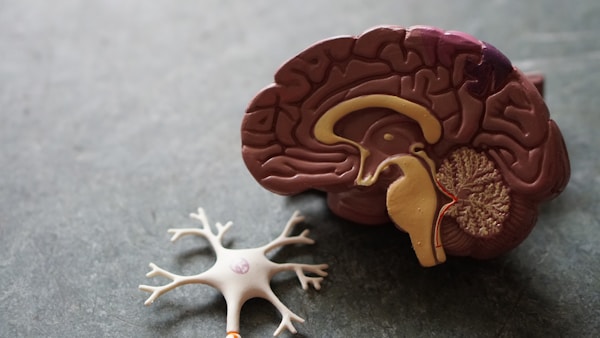For those who are unaware, Alzheimer’s disease is the most common form of dementia, a general term for memory loss and other cognitive impairments that seriously interfere with daily life. It affects millions of Americans, most of whom are aged 65 and older. The disease usually starts slowly and gets worse over time, affecting a person’s ability to think, remember, and communicate. Many people have questions about the causes of Alzheimer’s disease, and research is being done to determine exactly which factors contribute to being diagnosed. If you’re interested in learning more, read on to find out about the possible causes of Alzheimer’s disease.
What are the possible causes of Alzheimer’s disease?

While there is no known cause of Alzheimer’s disease, there are several possible causes that have been identified. The primary factor responsible for Alzheimer’s disease is age. This is because the brain naturally begins to shrink and lose connections between neurons as we age. This can lead to a decrease in cognitive functioning. Remember, if you suspect that someone you love may be at risk, it’s a good idea to learn about the stages of Alzheimer’s so you can identify early symptoms. It’s crucial to know the difference between normal changes associated with aging and warning signs of Alzheimer’s.
It is believed that genetics play a role in the development of Alzheimer’s disease as well. Having a parent or sibling with Alzheimer’s increases your risk of developing the condition. While there is no single gene that is responsible for causing Alzheimer’s, researchers believe certain genetic qualities can increase risk. Some recent research has also suggested that lifestyle choices can play a role in the development of Alzheimer’s disease. Smoking, physical inactivity, high blood pressure, and high cholesterol could all be potential factors.
Anyone with risk factors that could increase their likelihood of developing Alzheimer’s should be proactive about getting tested for Alzheimer’s if they notice any symptoms. There is no one specific test that is used to identify the condition, doctors use a combination of labwork, brain imaging, a physical, and other cognitive tests to make a diagnosis.
How can you take care of a loved one with Alzheimer’s?

The first step in caring for a loved one with Alzheimer’s is to have a comprehensive understanding of the disease. Researching the latest treatments and resources available will help you understand your loved one’s condition, enabling you to better care for them. Additionally, getting in touch with local support groups and organizations can provide you with valuable information and advice. Once you have a better understanding of the disease, you can create a plan of care for your loved one that includes both their medical and social needs.
From a practical perspective, you should consider home modifications that could make your loved one’s home more accessible. When choosing projects, remember that the primary focus is on safety and comfort. Home modifications can range from installing handrails and ramps to widening doorways and hallways to adding visual cues to help people with Alzheimer’s find their way around the house. The best thing you can do is talk to your loved one’s doctor and an experienced contractor so you can decide which modifications will be best.
There’s no doubt that it is critical to be aware of the possible causes of Alzheimer’s disease so that those who are at risk can take preventive measures to reduce their chances of developing the disease. Knowing the risk factors associated with Alzheimer’s is essential for early diagnosis and treatment. They can be environmental, genetic, or even lifestyle-related. No matter what the cause, you should make an effort to assist friends or relatives who are living with this disease. If you follow the advice in this article, you can take the best possible care of yourself or a loved one that has Alzheimer’s disease.



